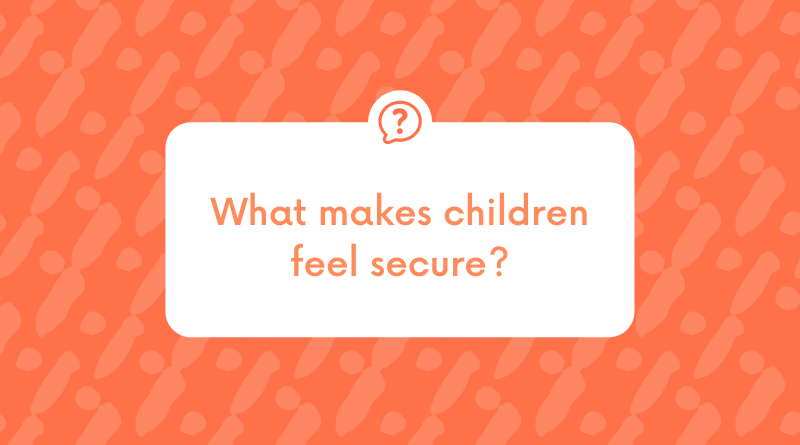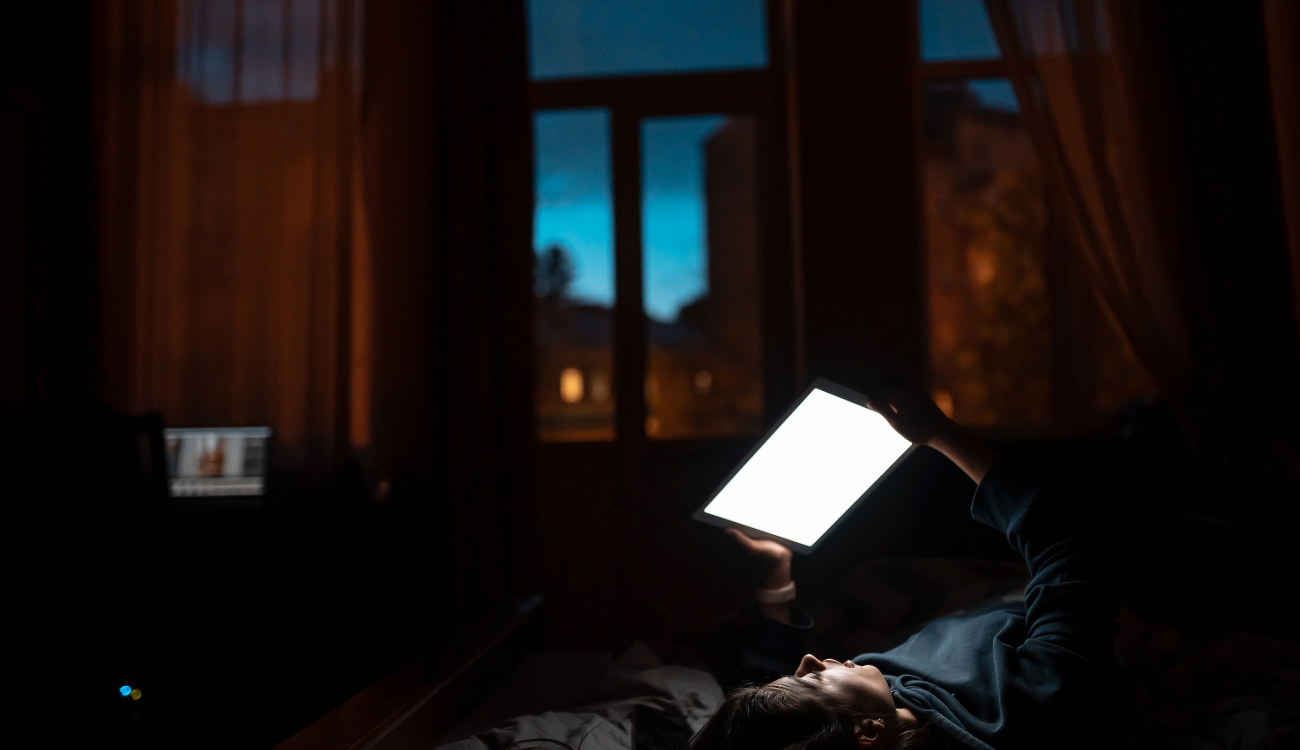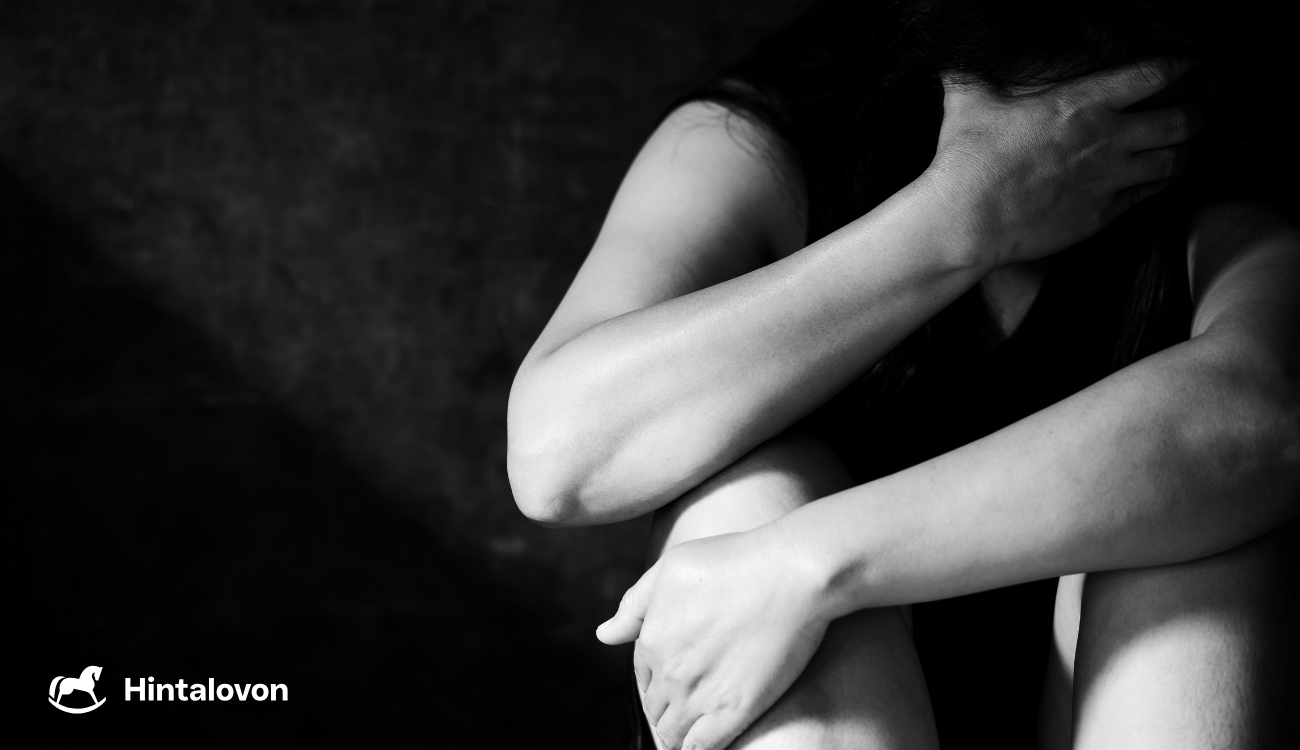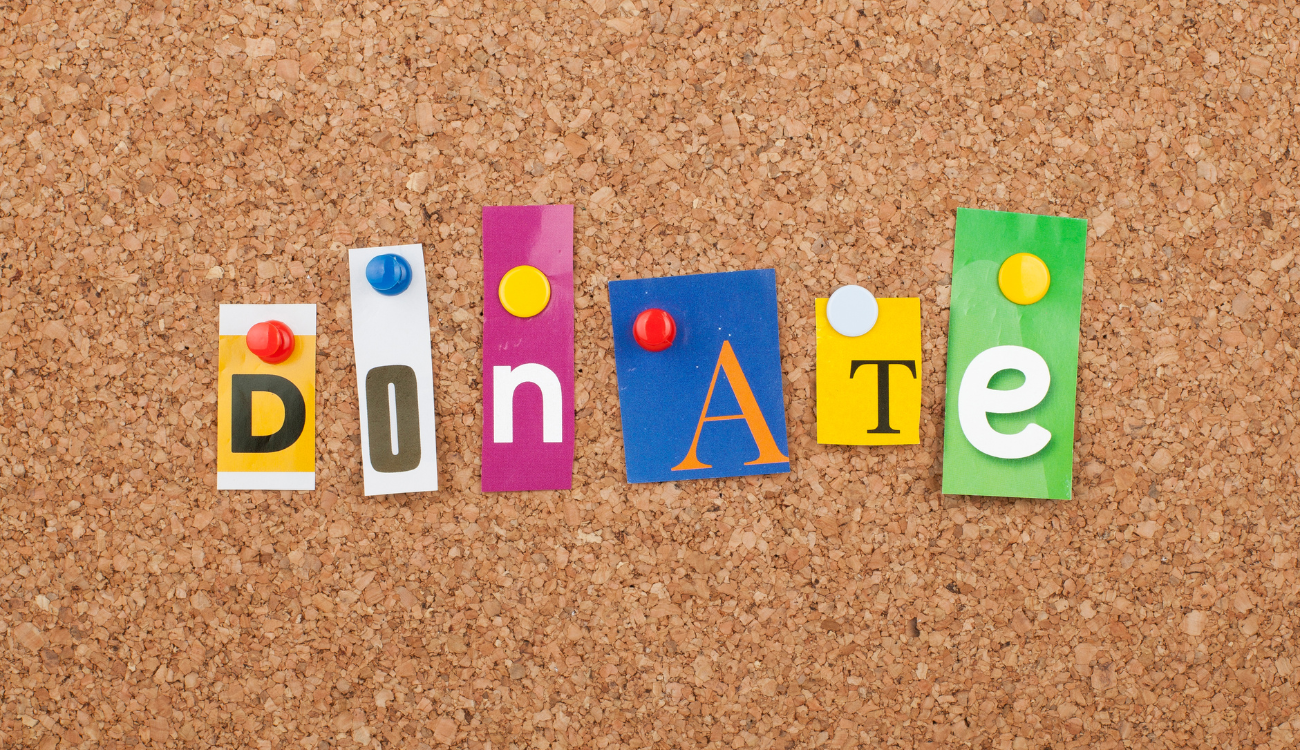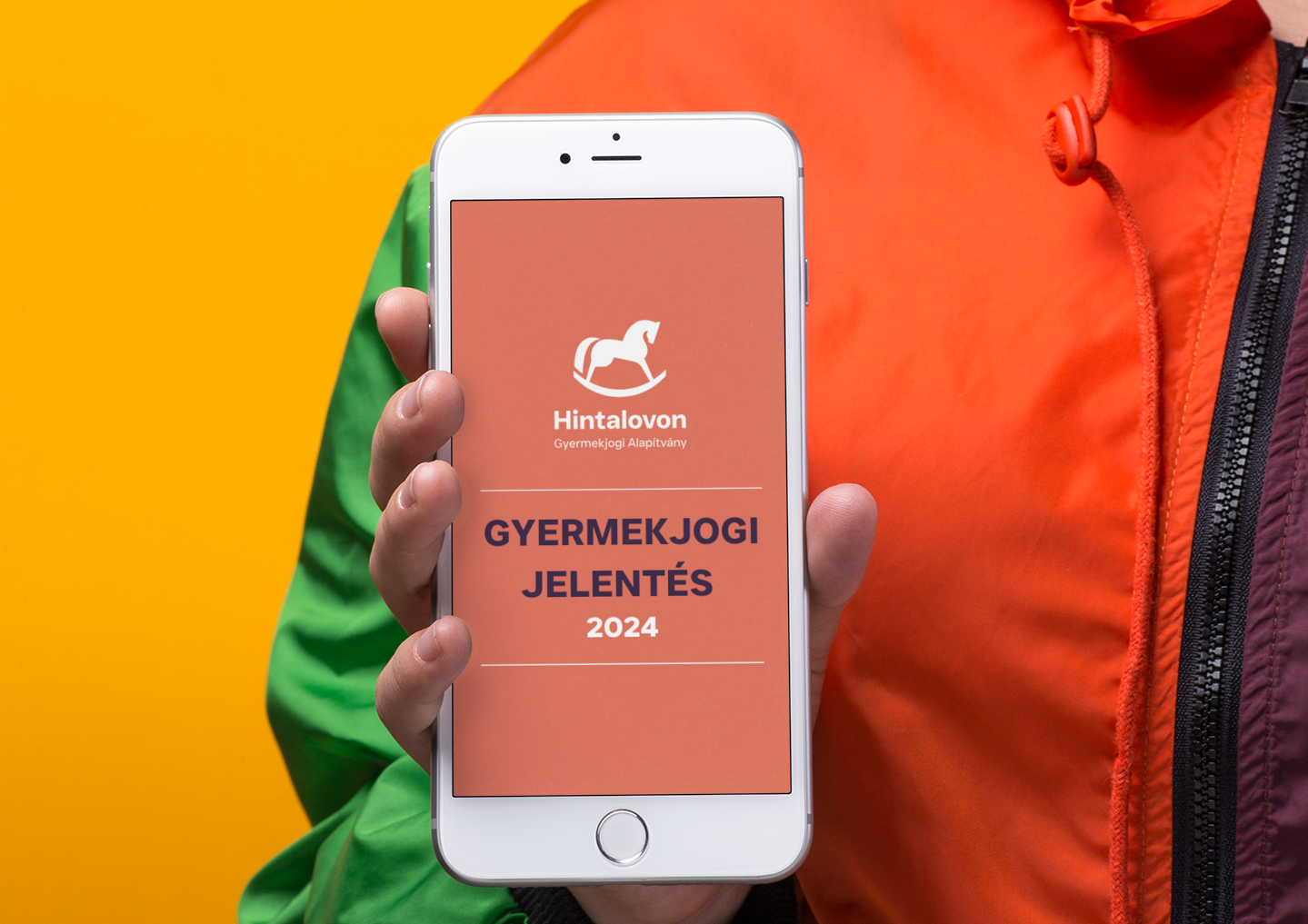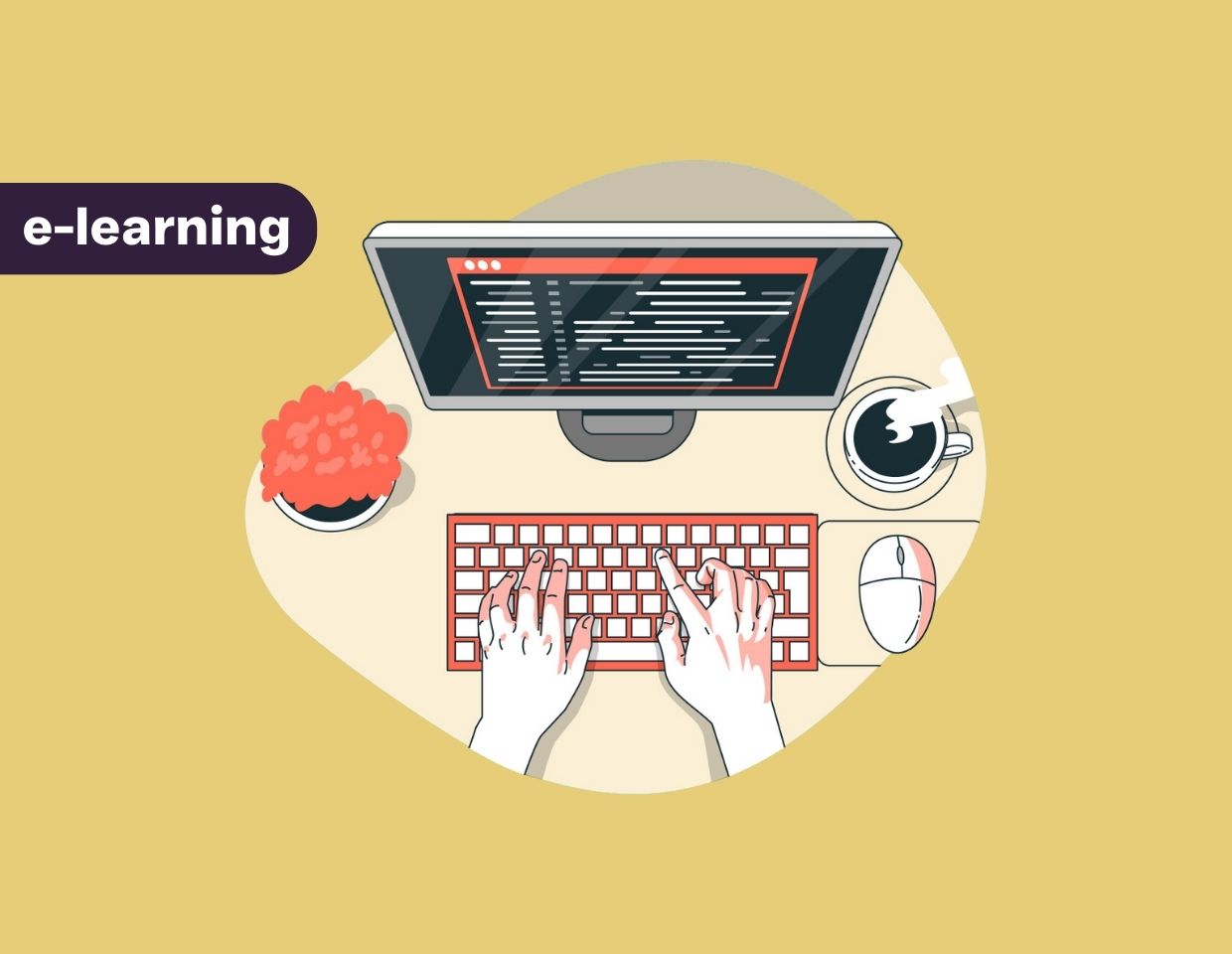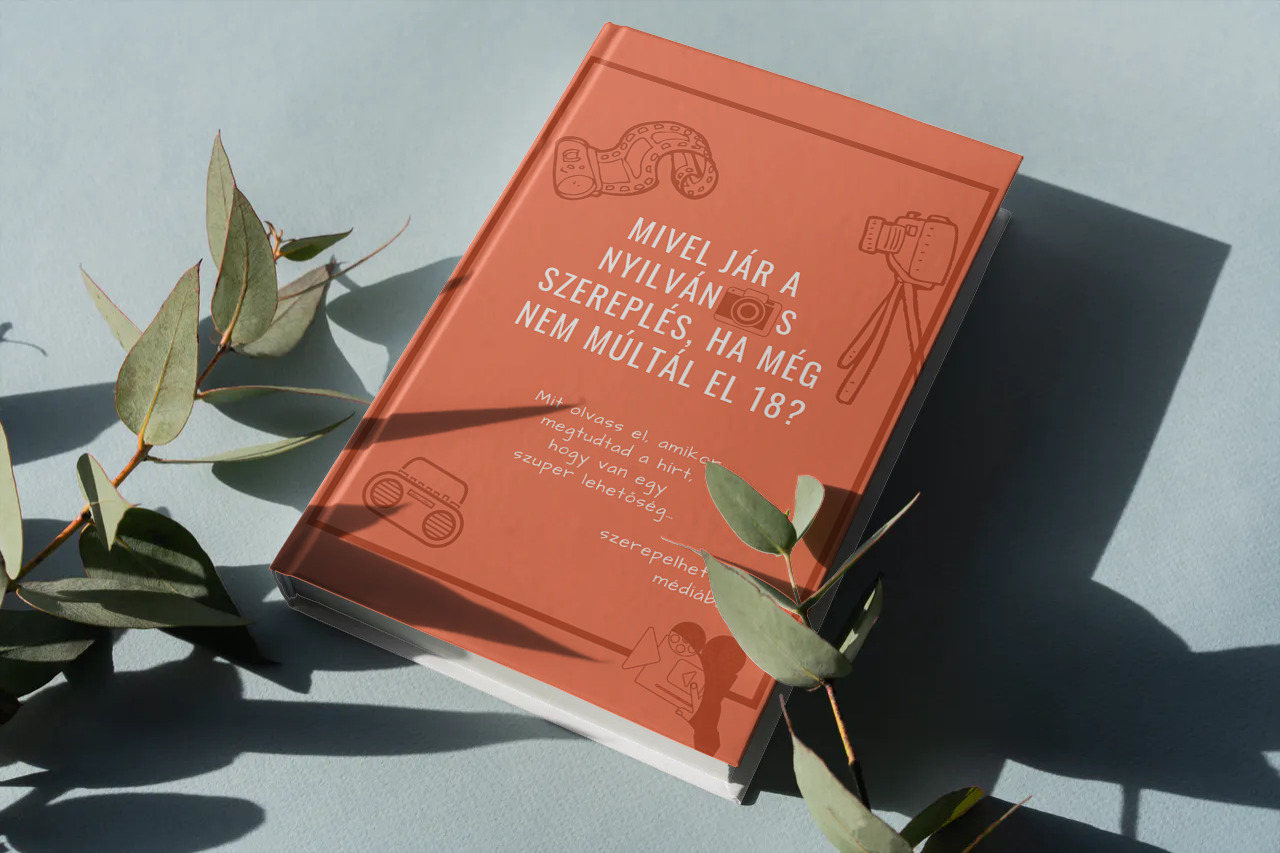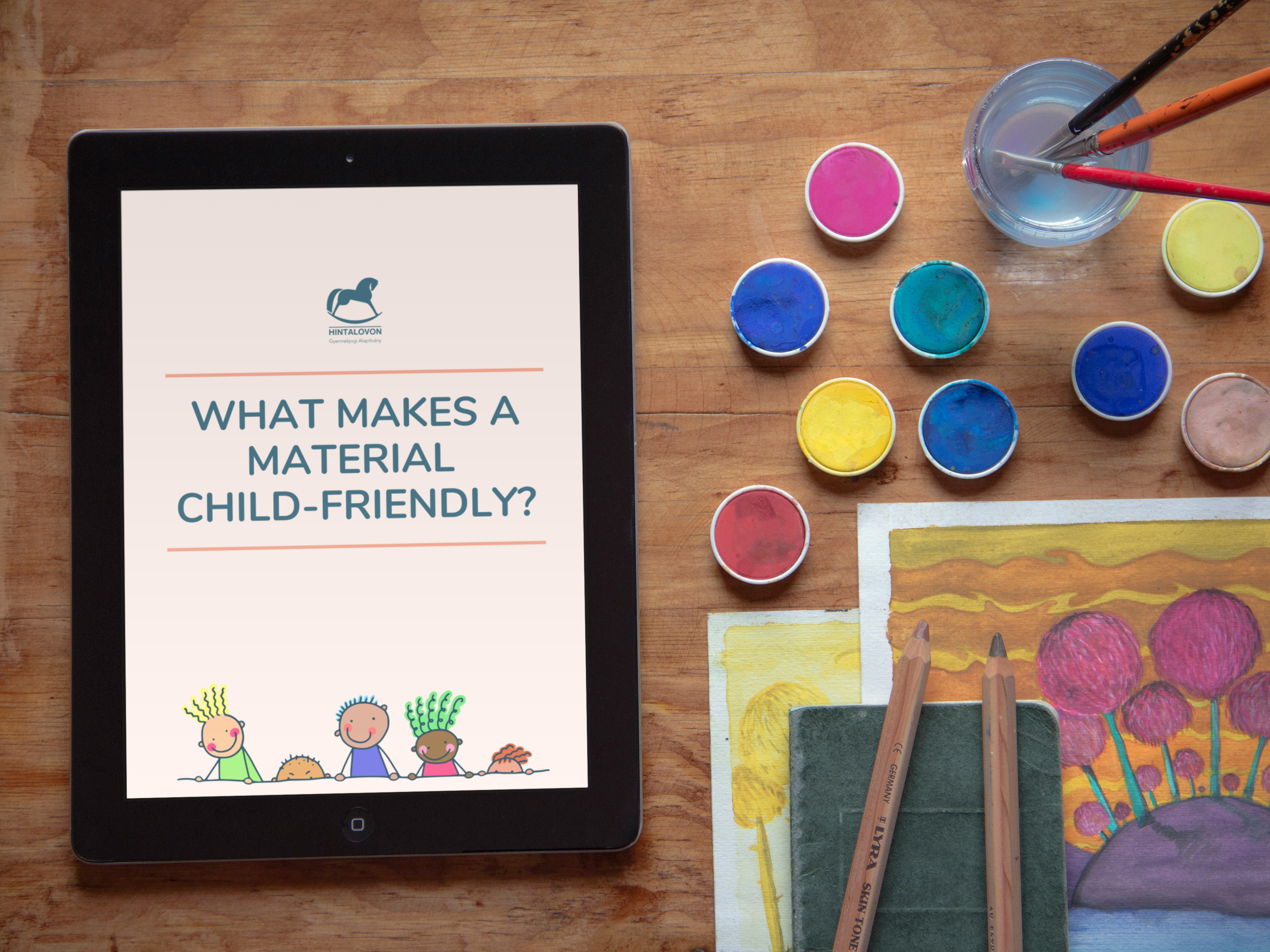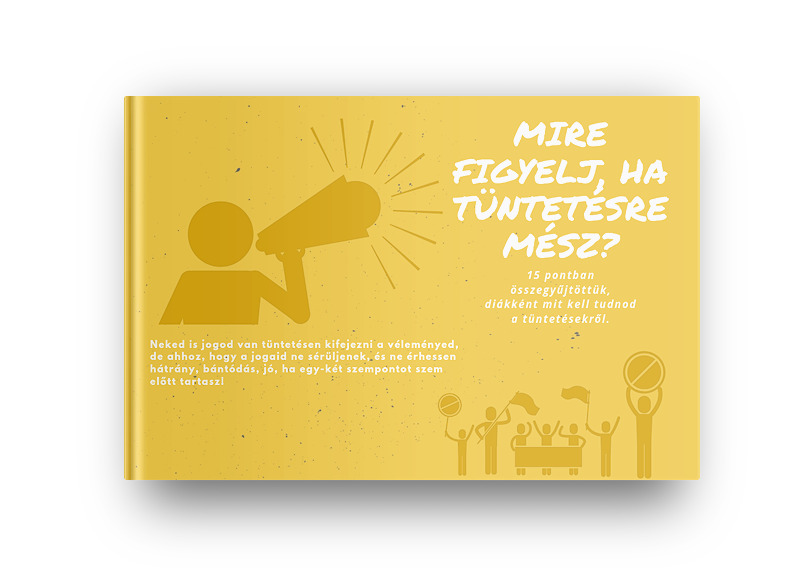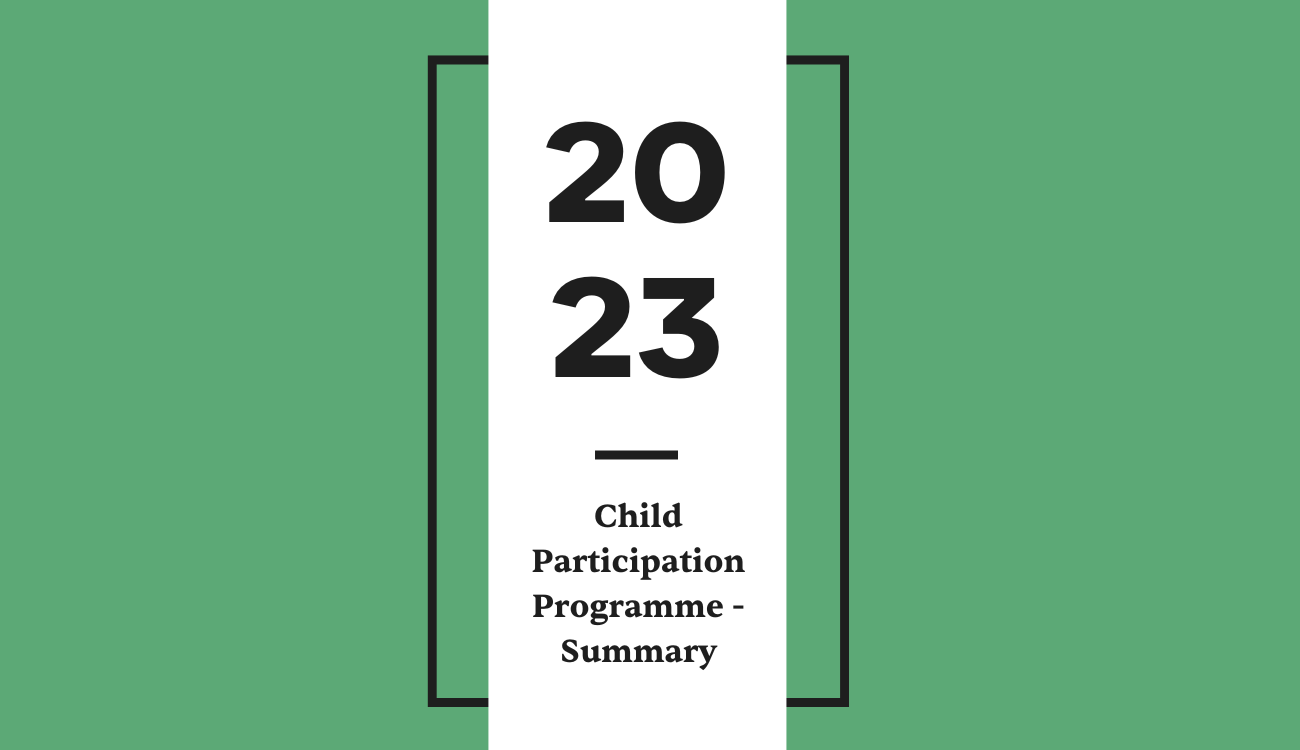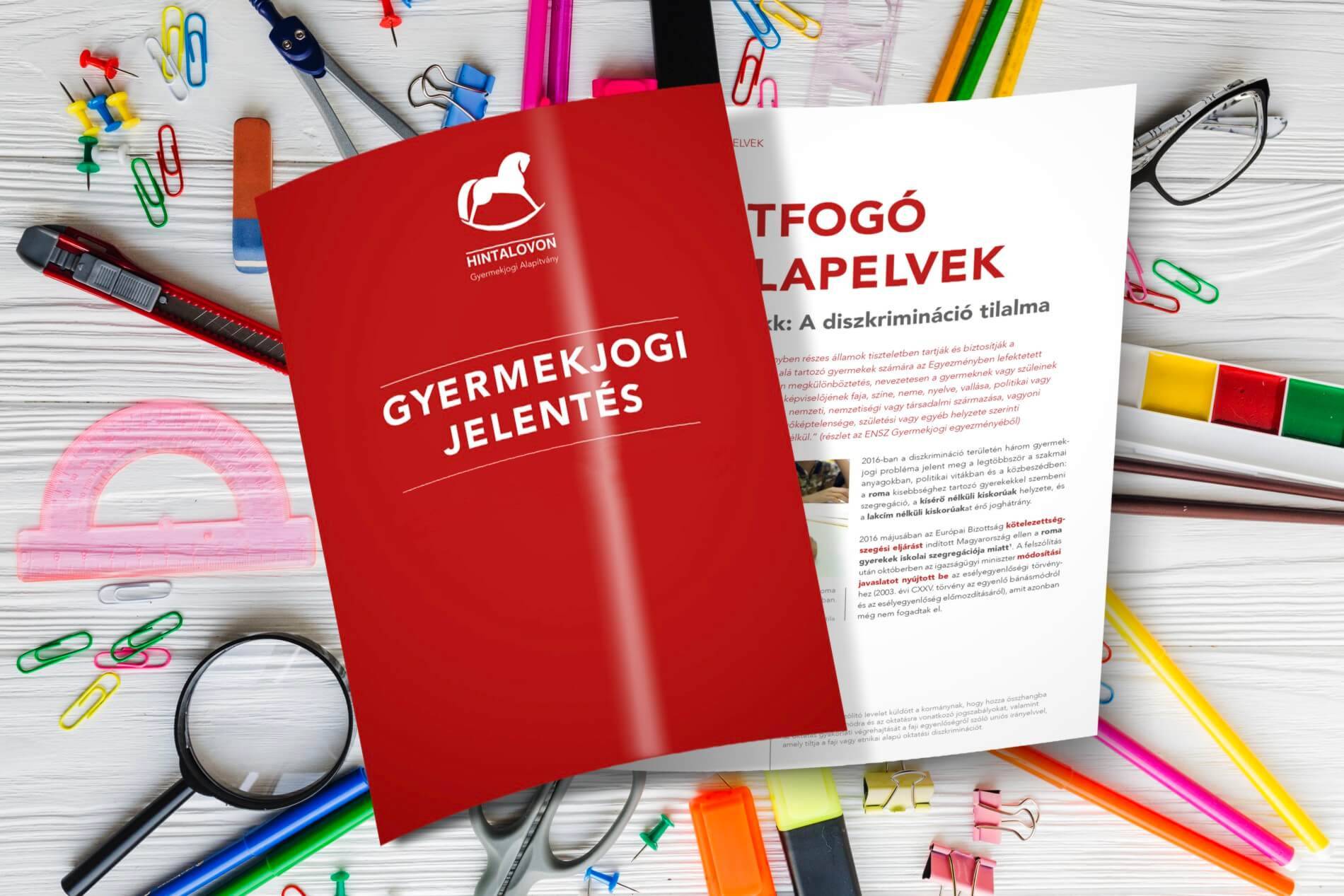In our series “how to help” we offer guidance on what you can do to protect children in this current situation of war. Author of the article is Barbara Németh, head of Hintalovon Foundation’s Child Participation Program.
1. Information = Safety
Knowing facts provides protection, while taboos lead to vulnerability. Children use their own fantasy or might turn to unreliable sources to fill in the missing blanks. Adults are in a position to help children make sense of the current events and navigate through the mass of information they are confronted with. It’s okay not to know the answer right away, take the time to look it up. It’s not our job to know everything but we have to carefully pick and choose the most relevant information for the child/children in need – children can actually be a great help in this.
2. Care and Attention = Safety
Only through proper care and attention are adults able to find out what a child is concerned about. Listen carefully to what they say and pay attention to details such as their behaviour, the music they listen to or the games they play. These all provide information on how they feel. Appropriate care and attention takes time. It’s not enough to be physically next to the child, it is crucial to give them our full attention. We have to take into account when and how they need us. Do they want to talk or do they need a distraction to put their minds at ease? We are without doubt setting a good example by helping refugees. At the same time, we must not neglect those who we are principally responsible for – the children of our own.
3. Together = Safety
Make sure children know we are there for them, no matter what. Don’t let them feel lonely, either physically or mentally. Sometimes all it takes is to be available for them. Making trips, playing board games, baking or doing sports together will all do the job. Sharing intimate moments can have a healing power – both for adults and children.
4. Talking = Safety
Photos and reports of the war and refugees can trigger fear in children, especially in younger ones. Keeping them from seeing such images or from hearing news about the war and its consequences are almost impossible. It is very important not to leave them alone with their thoughts. Instead, we need to talk about them. Putting our feelings into words or expressing them through drawing or play can help make them more tangible and controllable. There might be several reasons though why it is hard for us to talk to children about war or the current political situation. We might fear not being well-informed or emotionally strong enough or we might be too worried about what others think. Discuss these thoughts with our spouse, adult friends and teacher colleagues and try to find ways together to support each other in this situation.
5. Acceptance = Safety
Our research among children confirms that in order to feel safe, children need to feel accepted for what they truly are: their personality, their thoughts and their feelings. Any forms of prejudice, discrimination or exclusion undermine their sense of security.
Children may push boundaries, and violence may appear in their games. Instead of punishing them or banning that kind of behaviour we need to find what causes the problem, what we want to teach them at the moment and what is the best way to do it. Some children are less sensitive and war might not affect them the same way as it affects others. Do not force the conversation, let the children’s questions and interests take the lead. Let’s accept the fact that the way and pace we experience and process the same happenings may differ and we need to learn to respect their way of coping with situations.
6. Non-violence = Safety
The violent conflict around us might generate anger and frustration both in adults and children. It is only natural that we are less patient and tolerant but this is no excuse for hurting each other. Observe what role violence plays in our lives and how we channel and control our anger. The fight against violence has to start with ourselves. Exercise, walking, doing sports, cleaning, focusing on our breath entering and leaving the lung or a conversation with a friend can all help. It is crucial to dedicate time to what we know will help us calm down and organize our thoughts. Children also have to be given the chance to do the same through exercise, art or other free time activities. If we or the children feel unable to cope with anger and emotions, ask for help and call the emotional support lines.
7. Sense of control = Safety
Children’s perception of their own safety also depends on their sense of control. Each tiny decision that we let them make or whenever they are asked for their opinion, we show them they can exercise control over their circumstances, which contributes to a stronger sense of security. This can counterbalance their anxiety and fear of being vulnerable. Refugee children can also benefit from being involved in the decision making process. For instance, if you are part of a helping team, let the parents of refugee children know that children can pick their own stuffed animal or decide which mattress they want to sleep on.
8. Participation = Safety
Encourage children to share their opinions about the war or to actively fight against it through expressing their solidarity, participating in raising funds or in other organizational matters. Promote a safe environment for freedom of expression, formation of opinion and activism. If they are looking for ways to help, we can help them find their options or do volunteer work together.
9. Safety = ?
Although there might be some general factors to it, our sense of security varies individually. Let’s ask ourselves the question: What makes me feel secure? And the children?
